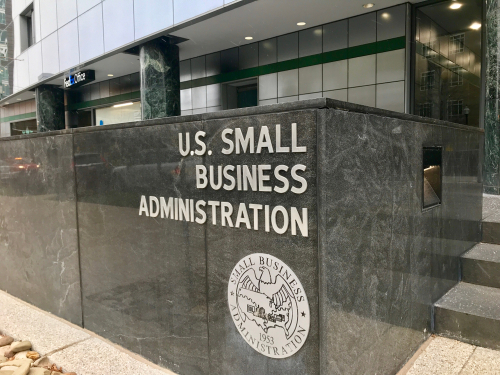The Small Business Administration (SBA) and the Office of Management and Budget (OMB) took actions to increase access to federal lending and contracting opportunities for small businesses.

The SBA is increasing the cap on their SBA 7(a) loans from $350,000 to $500,000 to make it easier for traditionally underserved small businesses to access capital from mission-oriented lenders.
The OMB is releasing procurement guidance on both upcoming contracts and subcontracting opportunities to better support small business trying to compete for the over $700 billion in federal contracts.
The Biden administration invested a record $56 billion in SBA-backed capital in small businesses last year, which has led to the filing of over 20 million new business applications. This is the most in any single Presidential term in history.
In addition, the administration is Increasing access to federal subcontracting opportunities. In 2023, small businesses received a record $86 billion in subcontract awards from the federal government.
Building on that, the OMB is issuing guidance to federal agencies on ways to continue to expand subcontracting opportunities for small businesses. This will help improve the resilience of supply chains for critical government needs by increasing competition and expanding the pool of businesses engaged in federal contracts.
OMB is also issuing guidance to federal procurement officials to strengthen government-wide procurement forecasts. Agencies have long been required to prepare annual forecasts of upcoming federal contract opportunities for businesses, but variance in the quality and timeliness has made it difficult for small businesses to prepare their proposals. This initiative will help align timelines and expectations, better enabling small businesses to understand when new opportunities will become available and plan ahead to compete for federal awards.
The Biden administration awarded a record $178.6 billion in federal contracting opportunities to small businesses and a record $76.2 billion to small, disadvantaged businesses.